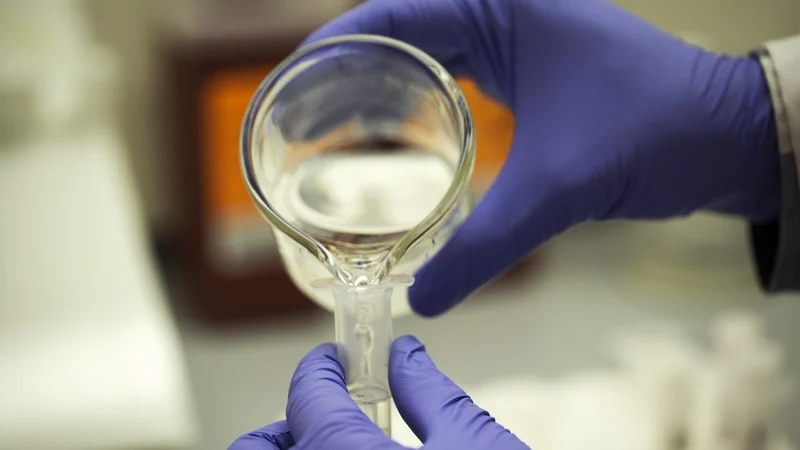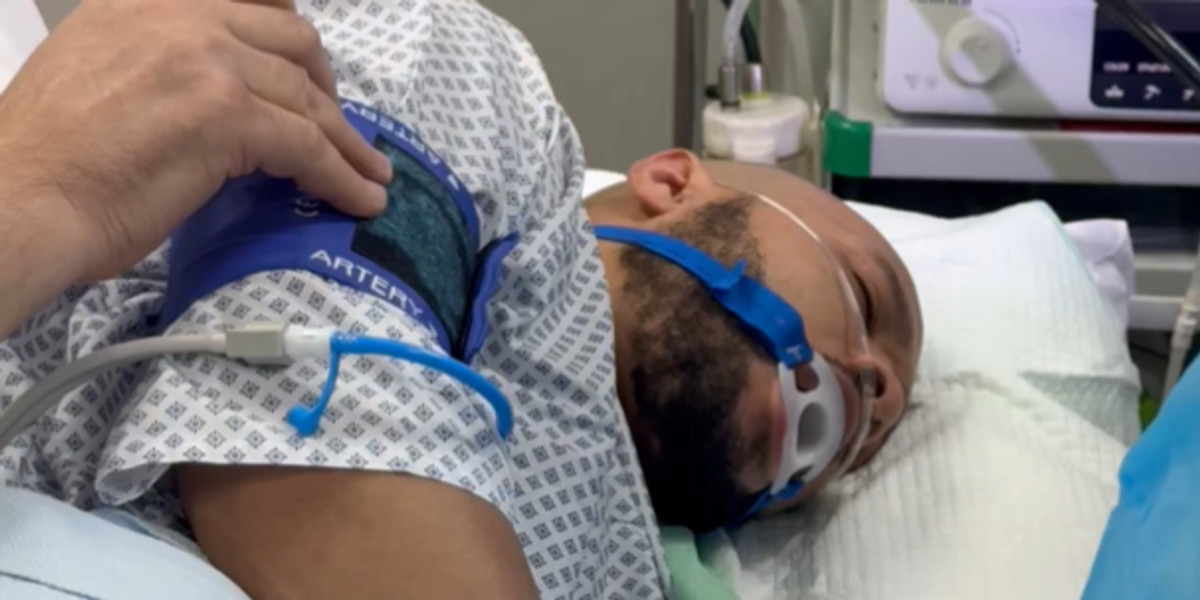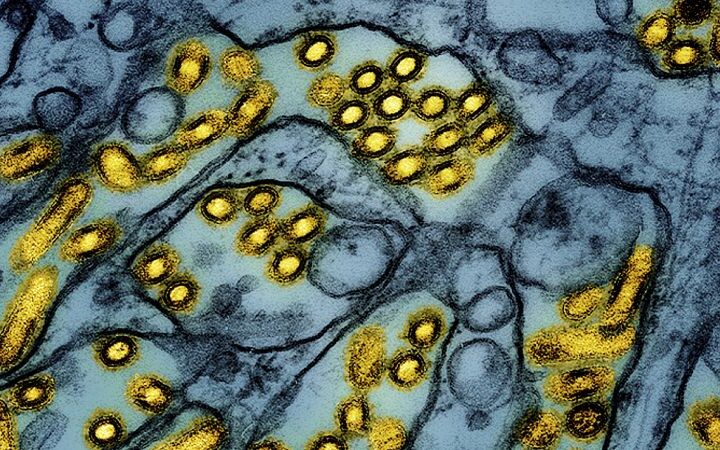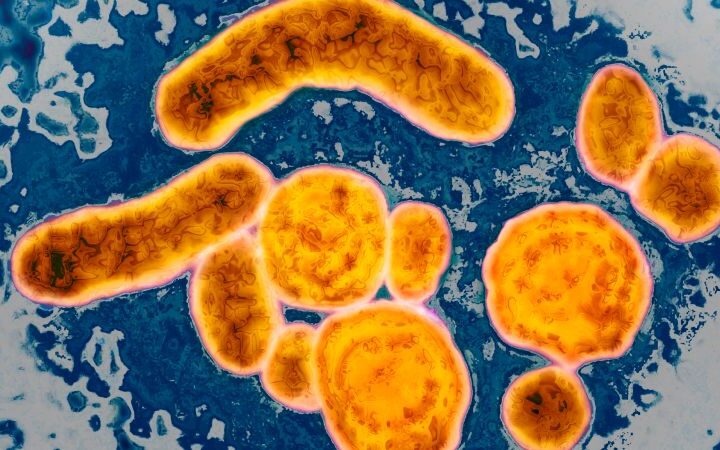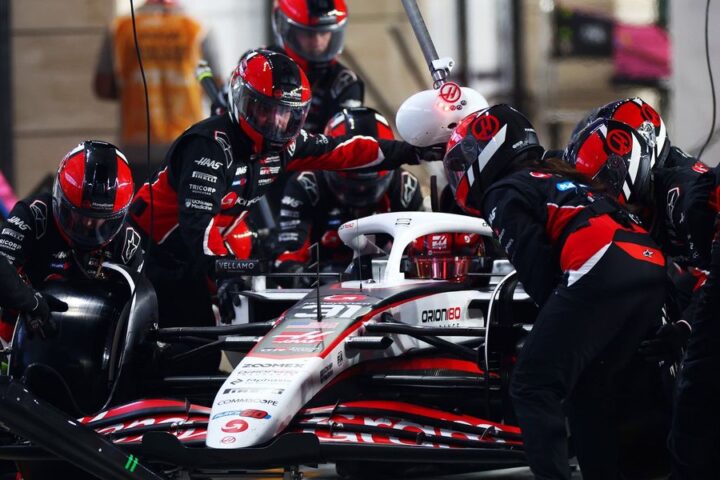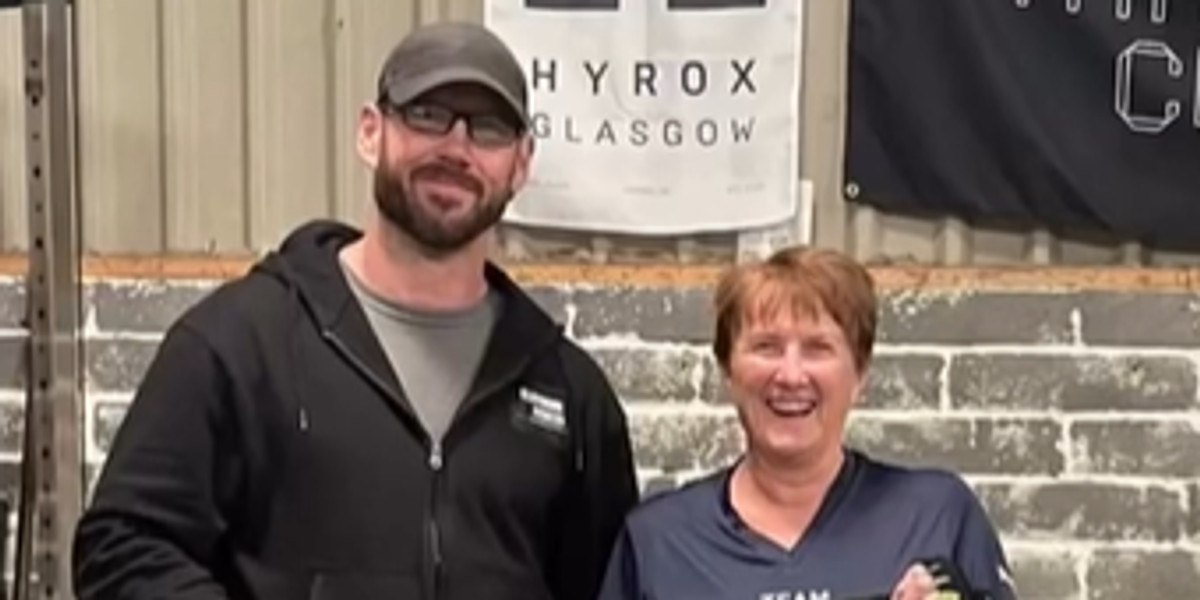A new report from the Environmental Protection Agency (EPA) has found that there have been a number of breaches in E. Coli standards in private group schemes.
The Drinking Water Quality in Private Group Schemes and Small Private Supplies 2024 report has found that 24 private groups failed to meet E. Coli standards in 2024.
This is an increase of 13 from 2022.
Currently, over 370 private group schemes supply drinking water to 193,000 people across rural communities in Ireland.
In addition, many businesses and public facilities supply water from their own private wells.
There are almost 1,700 small private supplies registered with local authorities. However, many more are not registered.

A gap in current drinking water legislation means the regulations do not require private suppliers to register, meaning the total number of small private supplies in the country remains unknown.
These include supplies serving schools, nursing homes, sports clubs and self-catering accommodations.
The quality of water in unregistered supplies is not monitored by local authorities.
“The lack of a mandatory requirement to register a private supply serving water to the public is a serious legislative gap that must be addressed,” said EPA Director Laura Burke.
“Without registration and subsequent monitoring by local authorities, consumers are unaware of the potential health risk they may be exposed to.
“Everyone has the right to safe drinking water. We want to see mandatory registration, but in the interim, we strongly encourage private suppliers to register with local authorities so that all proper safety checks can be carried out on their supply.”
E. Coli compliance
Meeting E. Coli standards is a minimum requirement in the provision of safe drinking water and failures indicate a lack of proper disinfection which must be addressed by water suppliers.
While 24 private group schemes failed to meet the E. coli standard in 2024, six schemes had repeat failures over two consecutive years.
Five of these are on long-term boil water notices.
E. Coli failures were also recorded in 51 small private supplies that were monitored by local authorities, posing a risk to consumers that use these supplies.

Noel Byrne, Programme Manager of the EPA’s Office of Radiation Protection and Environmental Monitoring said: “E. Coli contamination of a drinking water supply can cause serious public health impacts.
“E. Coli compliance has declined with almost double the number of private supplies failing in 2024 compared to 2022.
“This needs to be addressed as every community deserves access to safe, clean drinking water. Suppliers must take action to upgrade their systems and meet standards.
“Local authorities, as the regulator of private group schemes, need to take the necessary enforcement action to ensure public health is protected,” he added.
Speaking on RTÉ’s Morning Ireland, Mr Byrne said: “The key thing the EPA are calling on for today is really for mandatory registration of businesses that supply water to the public from their own well, just to make sure the proper checks are completed by local authorities on these supplies and that public health is protected.”
He said improvements can be made to ensure supplies meet standards, but added that improvements were slow.
“We do need to see the local authority … working with these group schemes, but also then if they’re not brought into compliance local authorities may need to take action to bring them into compliance.”
Regarding smaller supplies, he said the EPA does not know how many there are in the country, as there was no requirement for them to register.
He added that it would be safer if it were mandatory for supplies to be registered.
